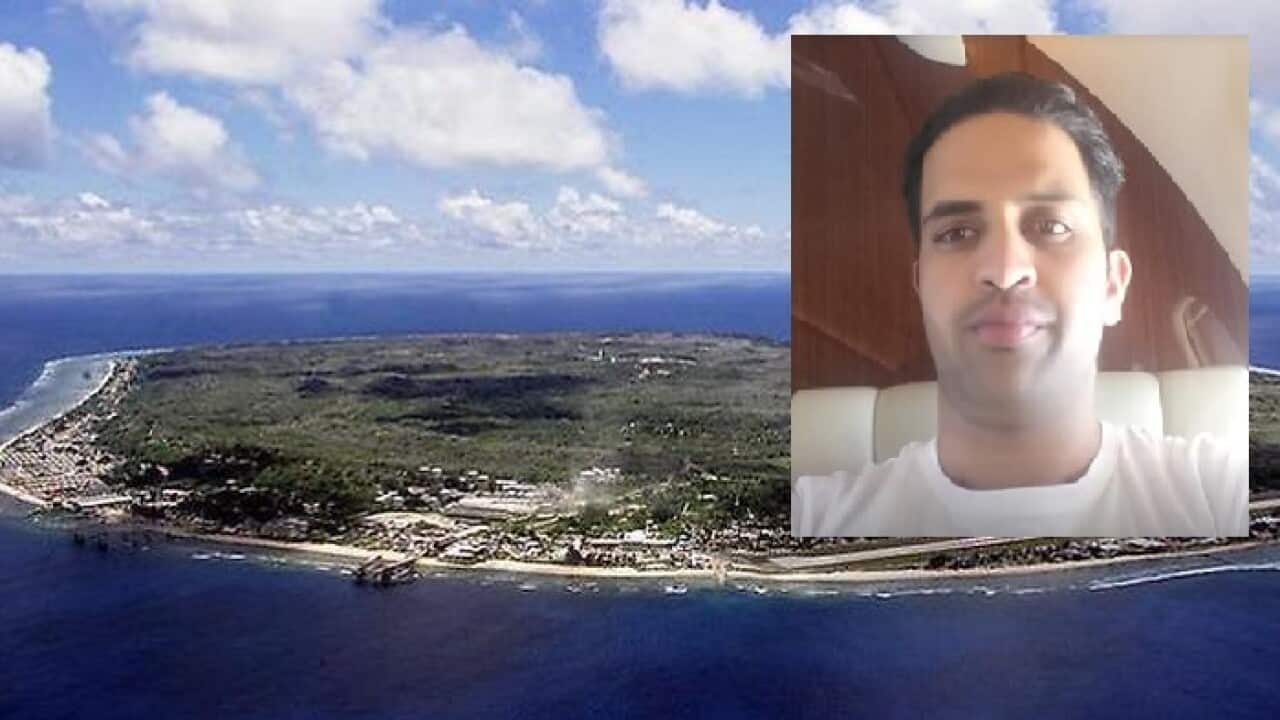When Haji Nisar left his home in the Indian-administered state of Jammu and Kashmir, he knew the journey would not be easy. However, he was ready to pay the price for the future. With the threat of violence and the presence of Indian army personnel around him all his life, he could see no future in Bandipur, a small town just north of Srinagar.
“My father used to work with the Indian army," he told SBS Hindi. "Many did not like it so one night some people stormed into our home and started beating my father. I could not bear the sight. I felt hurt. It was harrowing to see my father like that.”
Nisar says he did not want this to be his future. “We were stuck between India and Pakistan. We were not safe. We were always living in fear,” he said.
So, the 37-year-old decided to try and make his way to Australia, paying what he called a 'hefty' amount to an agent. The agent took him to Indonesia via Malaysia.
“It was a long journey,” he recalls, “sometimes we walked. Sometimes we travelled by bus. Sometimes it was during the day, sometimes night. Finally, we hopped on to a boat to Australia.”
The boat, however, never reached its intended destination, and Haji Nisar ended up on Nauru.
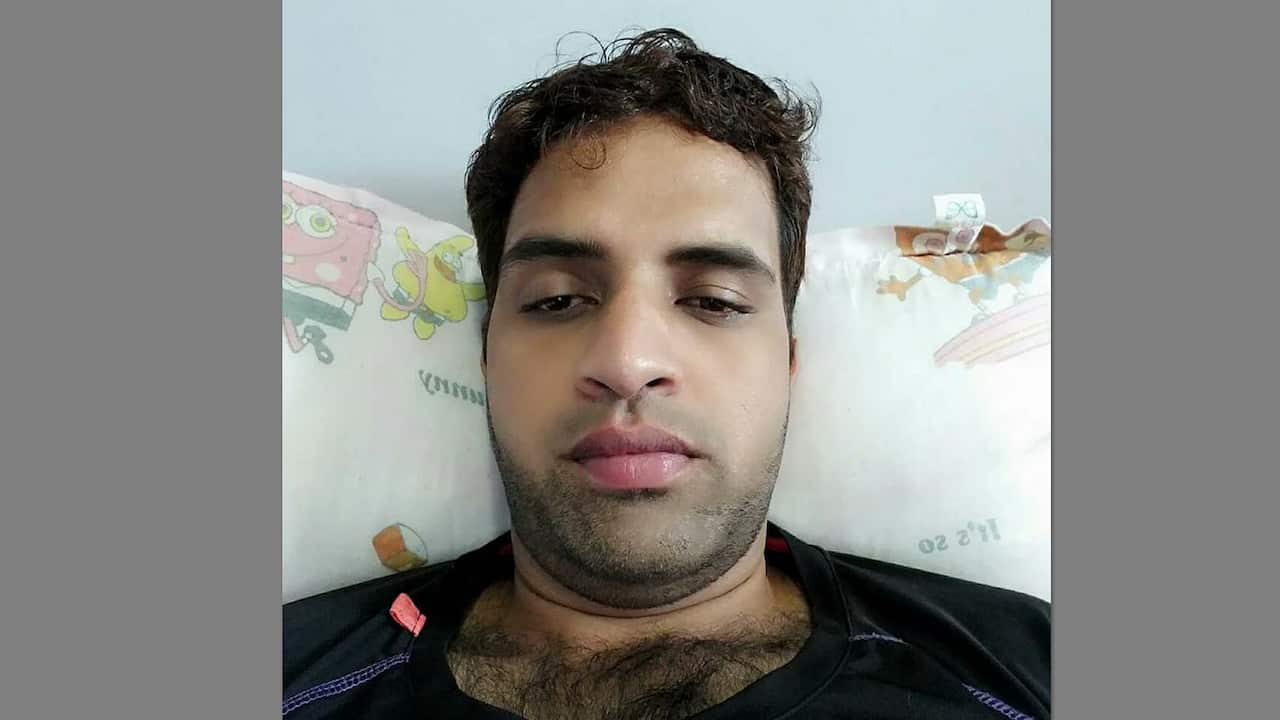
Almost six years later, all Nisar has is kidney disease, broken teeth, a small room to call home and a document that declares him a refugee.
“My father died; I was not there. My mother passed away; I could not meet her. I cannot work because of my kidneys. I am not getting proper treatment. I cannot see anything from here. I have lost everything,” he said.
Haji Mohammed Nisar is a refugee on Nauru Island. Speaking by video, he said the camp he had been living in was closed down by the Australian government. Now he says he lives in a make-shift home on $200 per fortnight.
“The refugee camp was no better,” Nisar recalls. He then showed a doctor’s certificate to SBS Hindi. The certificate from 2014 reads, “Please kindly allow him to have extra slices of bread and milk which are soft. He cannot tolerate normal food due to pain in his teeth.”
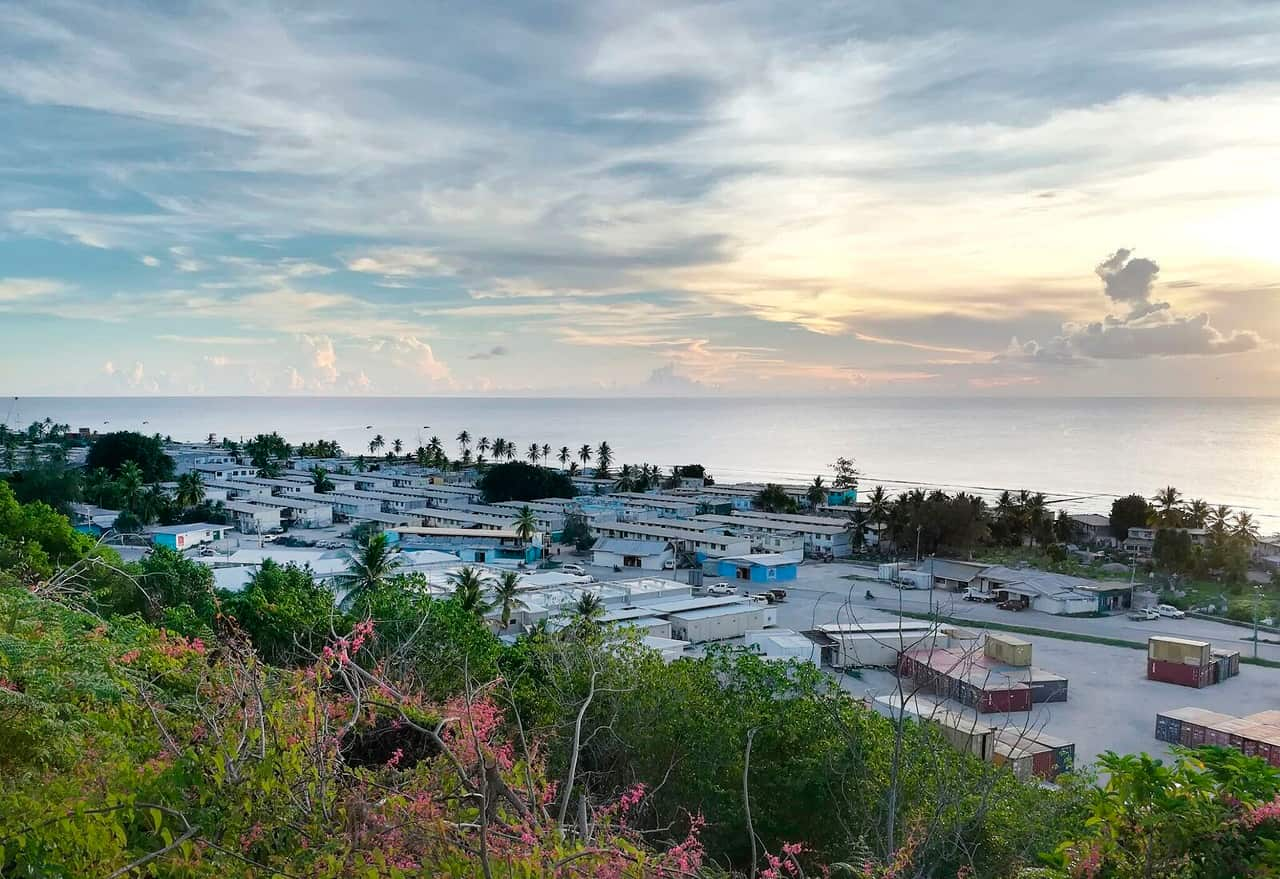
“My mother would cry her heart out that I could not have proper food without a doctor’s prescription, I have kidney stones and there is a blockage too. It hurts a lot. I cannot work either,” he said.
Treatment in Taiwan
Last year, Nisar was sent to Taiwan, like many others, according to refugee advocates, to have his kidney stones removed. A media outlet picked up the story, claiming taxpayers 'forked out' $300,000 to fly him there by a privately chartered jet. It claimed social media photos of Nisar onboard the jet showed him 'relaxing' and 'enjoying full access to the mini-bar'.
He says he travelled to Taiwan there together with an Iranian refugee for the treatment, and while says he is grateful for having been sent to Taiwan for treatment, he denies the claims of living it up.
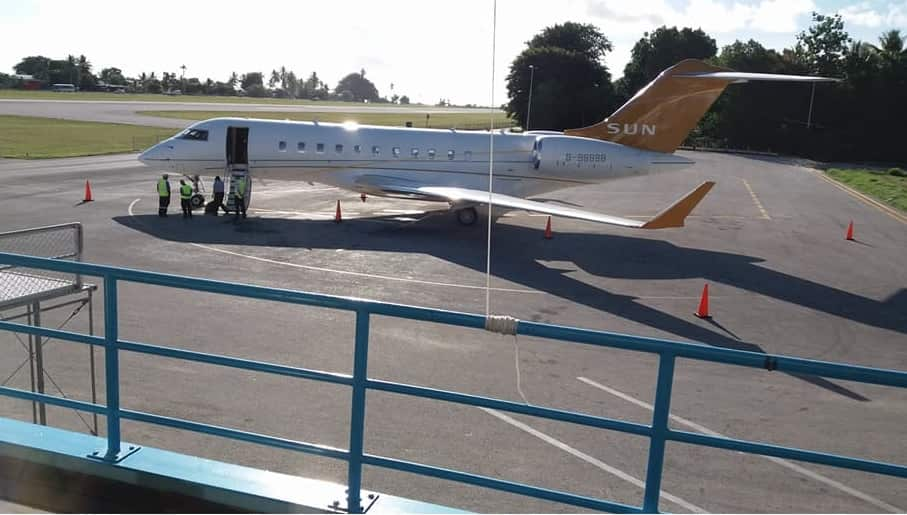
"I'm a Muslim, I don't drink or smoke," he told SBS Hindi.
Ian Rintoul, from the Asylum Seekers Resource Centre, says the decision to send a patient to another country is taken by the Australian government.
"Many asylum seekers are patients are sent to Taiwan for the treatment after it is established that proper treatment is not available on Nauru. These patients are sent by chartered plane if a commercial flight is not available. At times they are sent in groups."
Now back on Nauru, Nisar says he is not fit yet, and the pain is still there.

He says when he was very sick and could not manage to go out of his room due to pain, he felt very lonely.
“I used to think, I would die in this dark, small room and nobody will find out for days. There was nobody to take care. It was a dark period. I had no one to talk to,” he says.
And then he got married.
“I proposed to a Nauruan girl. She is a health worker at the hospital; I used to visit. She is very nice and kind. She said yes, and we got married,” he said.
However, nothing much has changed for Nisar. He is still a refugee waiting for more medical treatment, and the picture does not look rosy for Nisar, according to Ian Rintoul.
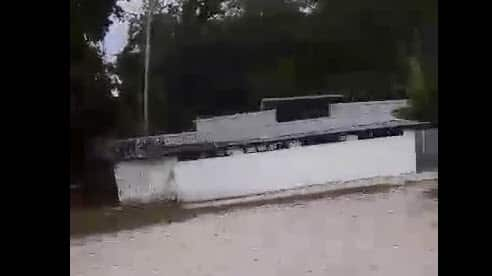
“The Medivac bill might help him but only to get treated in Australia. It has a long process. Nisar’s case might not be a priority," he said.
Nisar can stay on Nauru and wait, like 430 others.
According to Senate Estimates as of 18 February 2019, there were 330 recognised refugees in Nauru, 26 who had not been recognised and 75 whose status had not been determined.
Mr Rintoul says applying for Nauruan residency could be an option for Nisar.
“He can stay on Nauru. He can apply for permanent residency there as he is married to a local girl. But again, it is a long and tedious process with no certain outcome.”
After nearly six years on the island, Haji Nisar is waiting for something to happen. At present, he is waiting to get treated.
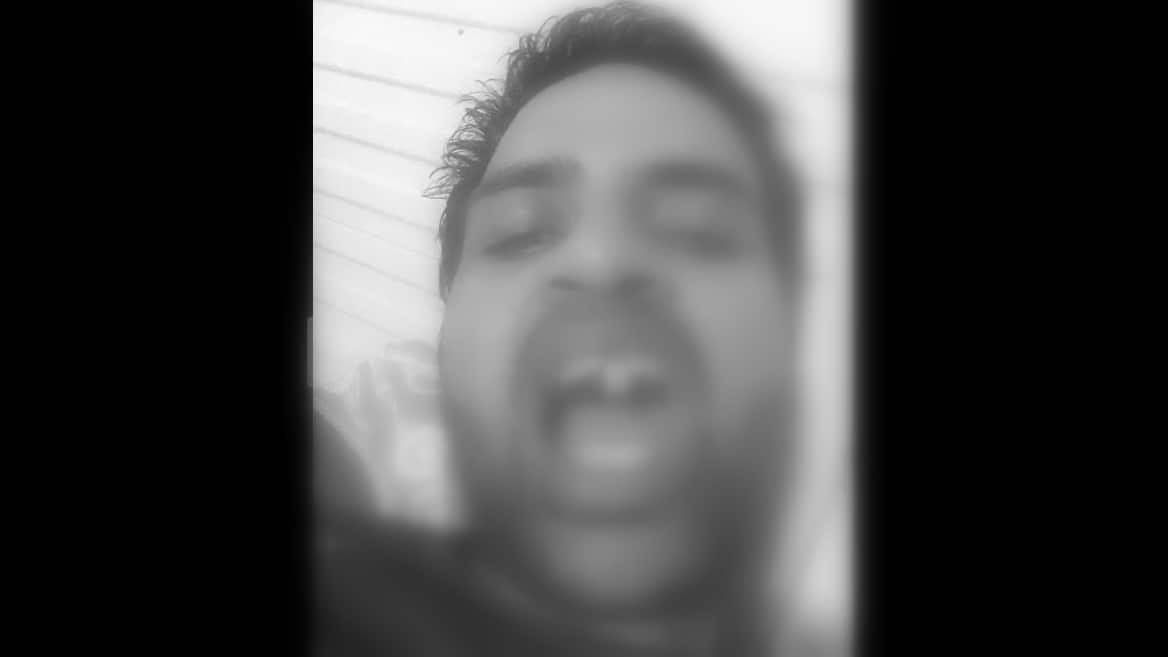
“I was beaten up by some locals. They broke my teeth. The doctor says three teeth need to be extracted. One is already done, but it took over two weeks. Now I am waiting for the other two to be extracted. Only then I will be able to eat something properly,” he says, after showing a half broken tooth hanging under the upper lip.
“My life is like this tooth. I cannot take it out myself. No one else wants to do anything with it. It is just hanging, and I am waiting,” says Nisar before going offline as the internet connection weakens.
